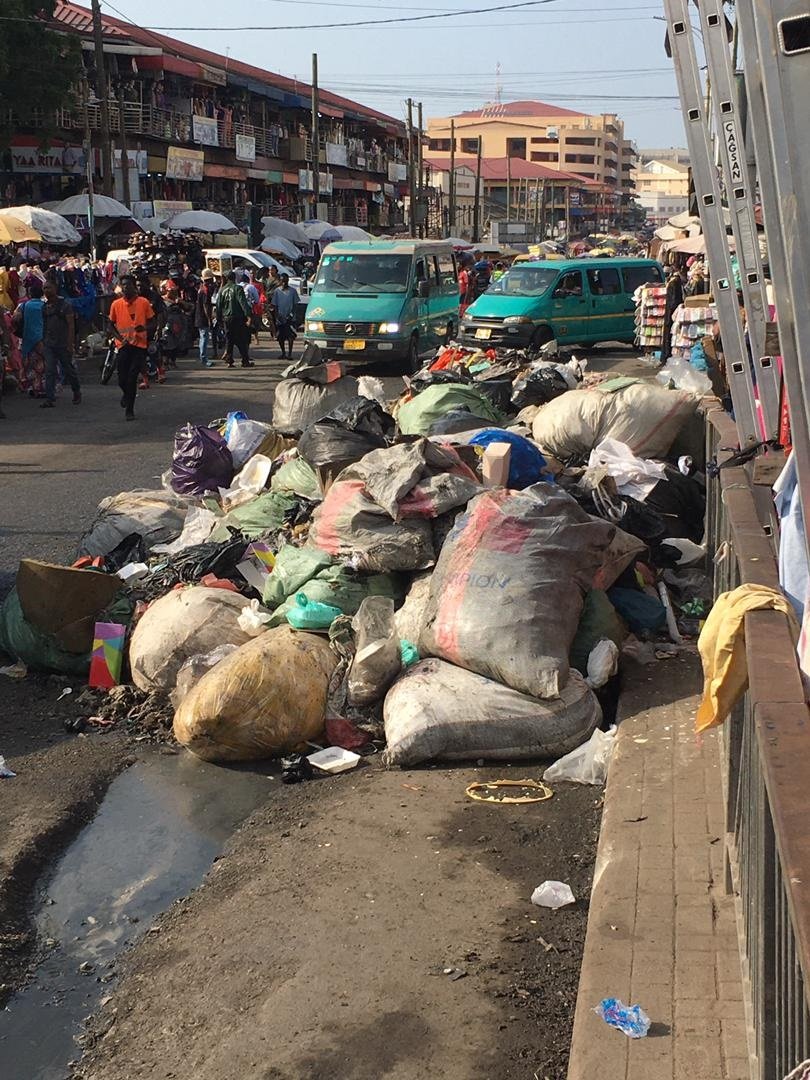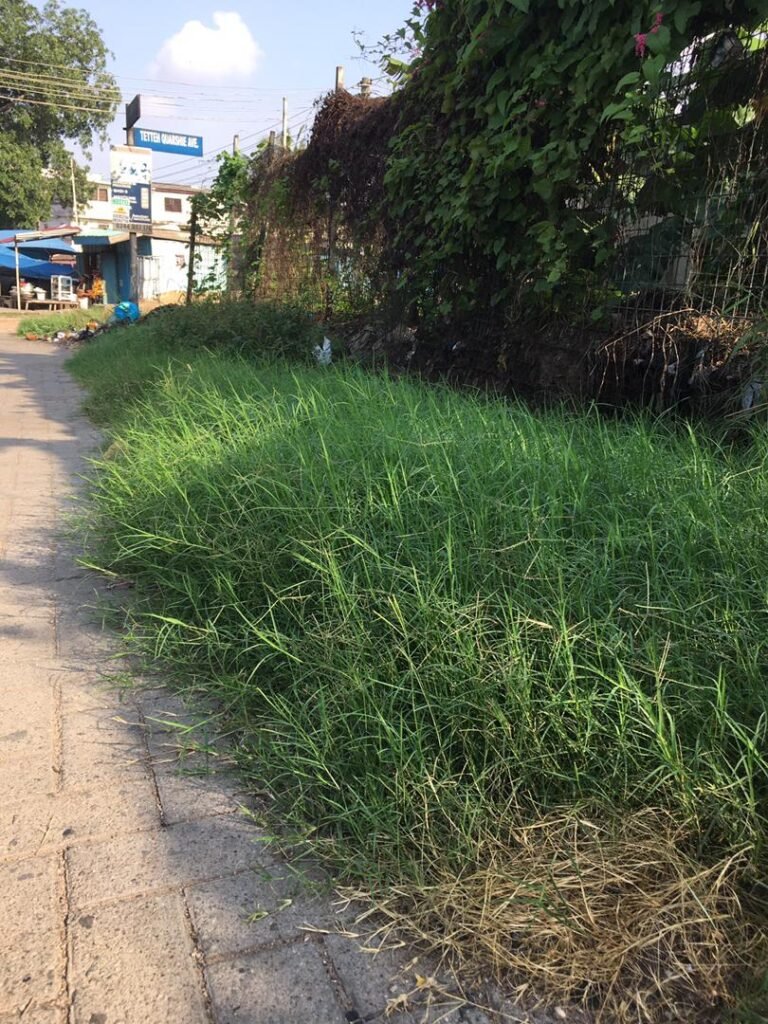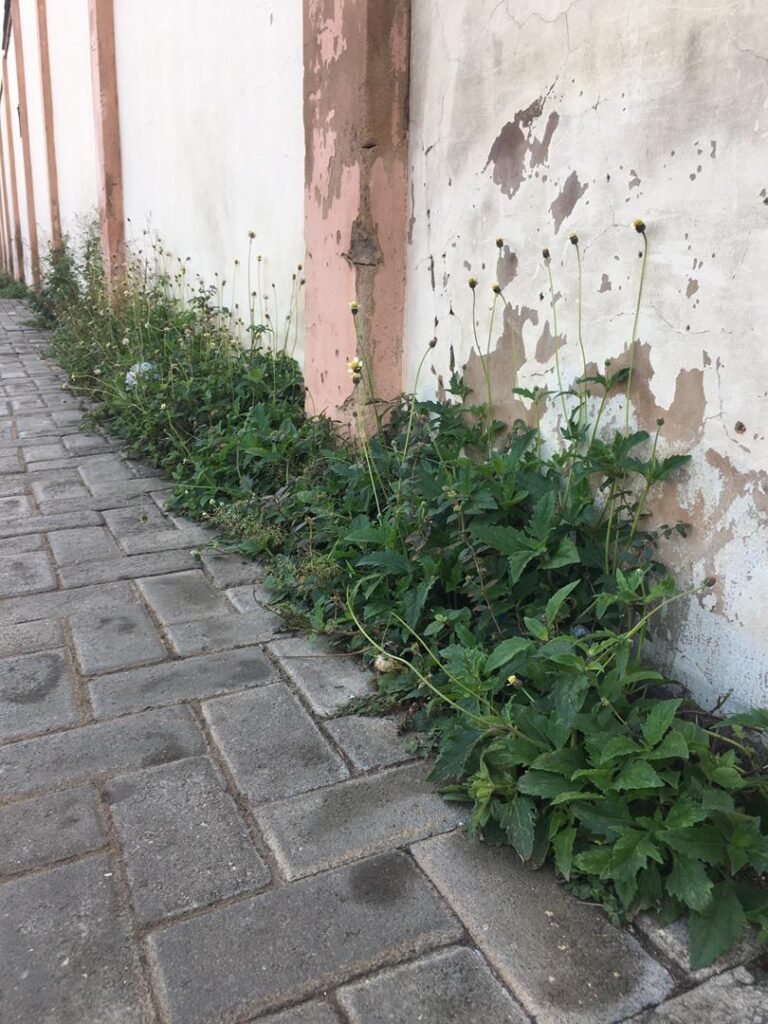Editorial
Urgent call to address sanitation, environmental neglect at Legon City Campus, Makola-Tudu Junction

Dear Editor
Ghana is grappling with mounting sanitation and environmental neglect and as a concerned citizen and advocate for a cleaner, safer and more presentable academic environment, I feel compelled to highlight disturbing issues I encountered during a recent visit to the enclave of Workers College, currently operating as Legon City Campus of the University of Ghana as well as Accra Central, specifically the stretch from Makola towards Tudu, just after the Ghana National Fire Service office.

At the Legon City Campus, formerly known as Workers College, widespread overgrowth of weeds along campus walls and walkways poses both safety and structural risks.
The unchecked vegetation is encroaching on pedestrian pathways and threatening the stability of surrounding walls.
Behind the campus, near the road to Adabraka and Liberia Road, garbage and overgrown weeds have turned the area into an eyesore, undermining the prestige of one of Ghana’s premier universities.
The environmental degradation reflects poorly on the institution’s leadership and jeopardizes student and community health.
I would like to urge the University of Ghana Estate Department to act immediately, clearing the weeds, reinforcing structural elements, cleaning the garbage-strewn areas, and establishing a consistent maintenance schedule.
This will ensure safety, institutional pride and civic responsibility.
In Accra Central, a similar crisis is festering. A growing heap of refuse near the Makola-Tudu Junction, just past the Ghana National Fire Service office has overwhelmed pedestrian walkways and spilled into vehicular lanes.
This not only causes human and traffic congestion but also creates a hazardous public health situation in one of the city’s busiest commercial zones.
As a tour guide and advocate for Ghana’s tourism industry, this development has damaging impact on the country’s image.
Tourists encountering filth in the capital’s core are left with a negative impression, counteracting national efforts to boost tourism.
I therefore call on the Accra Metropolitan Assembly (AMA), Osu Klottey Municipal Assembly, and sanitation agencies to enforce waste management laws, improve public hygiene infrastructure and revive the National Sanitation Day initiative to foster civic responsibility.
It is time for authorities at all levels to demonstrate leadership and restore dignity to these vital spaces. The status quo is no longer acceptable.
Frederick Nortey (Traveler, Tour Guide, Blogger, Writer)
Accra
Editorial
Make agric sector attractive for youth
Dear Sir,
I wish to use this platform to congratulate all farmers in Ghana for their hard work and dedication to duty on the occasion of 2025 Farmers’ Day celebration.
Yesterday, in Ho in the Volta Region, Ghana marked the 41st edition of the celebration instituted by late former president, Jerry John Rawlings. It was marked under an excellent theme “Eat Ghana, Grow Ghana, Secure the future.” The aim was to promote local consumption, food security and the transformation of agriculture into a key driver of the economy.
The message it seeks to send out there is very loud and clear. That, every Ghanaian should strive to consume food produced locally. The work of our gallant farmers would amount to nothing if Ghanaians fail to consume what they toil morning, day and night to produce.
Farmers in Ghana are one group of people we must continue to celebrate and adore. They work so hard to ensure that food reaches every home in Ghana. And on such occasions, it is important to honour them like its done every year but one thing I wish to bring to the attention of government is that it is important to mechanically support the activities of these farmers and secondly, make the agric sector very attractive for the youth.
The youth have become so fixated on white-collar jobs which are currently non-existing. Government must therefore make the sector attractive enough for the youth to veer into the area.
Maxwell Quarshie,
Swedru
Join our WhatsApp Channel now!
https://whatsapp.com/channel/0029VbBElzjInlqHhl1aTU27
Editorial
Fix roads to make travelling enjoyable
Dear Editor,
MAY I please use your respected medium to commend the establishment of Parliament television. Through this initiative, many Ghanaians, including my very self, get the chance to follow the activities of the legislative arm of government. We see the processes they go through in passing laws and making amendments.
Recently, I have been following their activities including discussion on the budget read by the Finance Minister, Dr Casiel Ato Forson. I was so happy with the estimates for the roads ministry especially because of the nature of our roads. A lot of our roads connecting the capital to other regions are very bad, making traveling very difficult and quite stressful.
I wish to appeal to the two divides in the house of parliament to bury their political differences to do a good work on the estimates for speedy approvals. That would help the ministry fulfil its financial obligations for contractors to move to site and ensure that our roads get the needed facelifts to make travelling easy and enjoyable.
Kwame Eugene,
Kasoa







